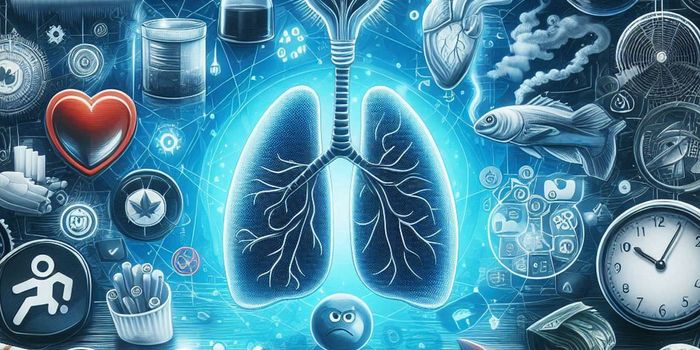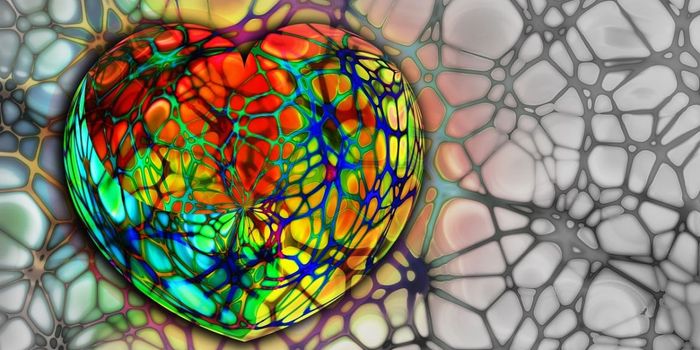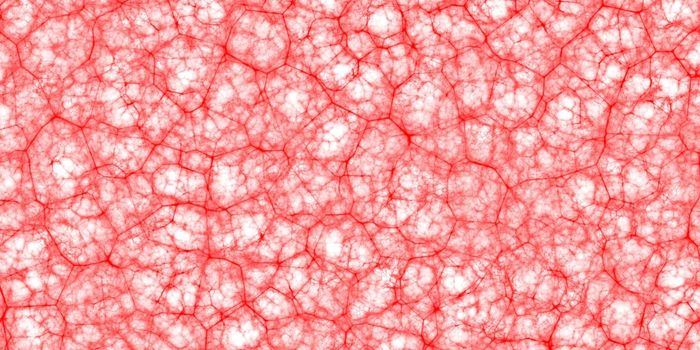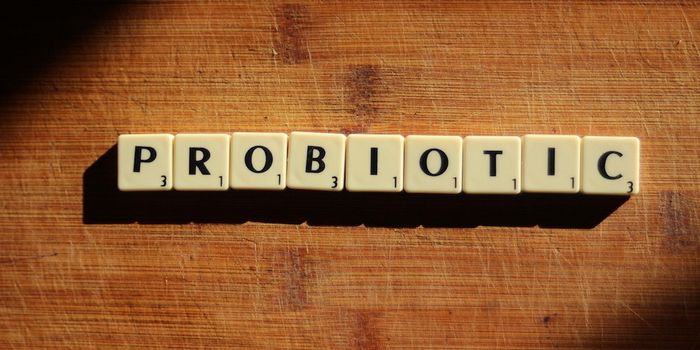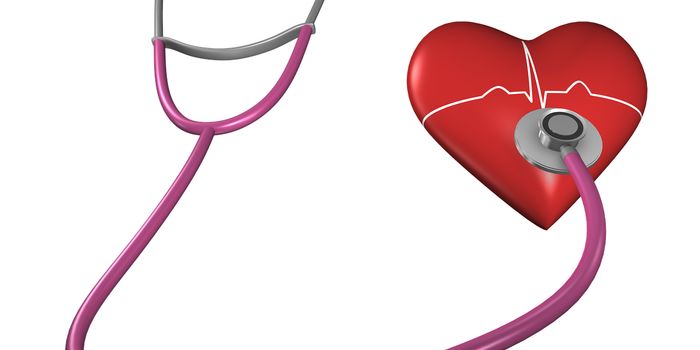Drug repurposing for COVID-19
The coronavirus disease that began in 2019 (COVID-19) has infected nearly 235 million individuals and led to the deaths of over 4.8 million people worldwide. The COVID-19 disease is caused by the severe acute respiratory syndrome-related coronavirus 2 (SARS-CoV-2) virus which quickly and efficiently infects humans and often leads to respiratory illness. Patients with infected respiratory systems can exhibit symptoms that include fever, cough, shortness of breath, sore throat and congestion. As symptoms progress, the disease culminates to respiratory distress or failure and possibly death.
Thanks to a strong push by the pharmaceutical and biotechnology sectors, the first vaccines against COVID-19 were first rolled out in December 2020. And while around 47% of the world’s population has received at least one dose of the vaccine, hesitancy and lack of access has prevented a higher uptake of the vaccine and has subsequently left many susceptible to the disease. As such, a push for drugs to treat the disease is well underway. Last week, pharmaceutical giant Merck revealed promising news that their experimental pill, when administered to patients who were sick with COVID-19, cut deaths in half when compared to individuals who received a placebo. In three separate recent articles published in the journal PLoS One, researchers are using novel techniques to identify drugs that can be repurposed to treat COVID-19.
Discovering and developing new drugs to treat diseases is a costly and time-consuming process. Drug repurposing, on the other hand, is a quick, and cost-effective strategy that makes use of existing drugs for novel therapeutic purposes. One classic example of drug repurposing is the drug Viagra (generic Sildenafil) which was originally designed to treat heart-related chest pain and hypertension but was later found to treat, and eventually repurposed as a medication for, erectile dysfunction. In the current studies on drug repurposing for COVID-19, researchers identified genes in the pulmonary system that are affected by the SARS-CoV-2 virus that may be targets for therapeutic agents. In the research, the investigators identified these genes and then used statistical modeling to scan drug libraries for drugs that have already been designed to target these specific genes or protein targets. While the work only identifies drugs that can target the genes affected by SARS-CoV-2, the next step is to further test and research the drugs to see if they are indeed good candidates to treat symptoms related to COVID-19.
This is significant because these researchers have helped discover previously unknown relationships between already developed drugs and the COVID-19 disease. These studies will help researchers and healthcare officials make informed and rapid decisions about effective treatment for individuals suffering from COVID-19 related symptoms.
Sources: NY Times; CDC; BBC; Our World in Data; nature medicine; Labroots; PLoS One; PLoS One; PLoS One;



